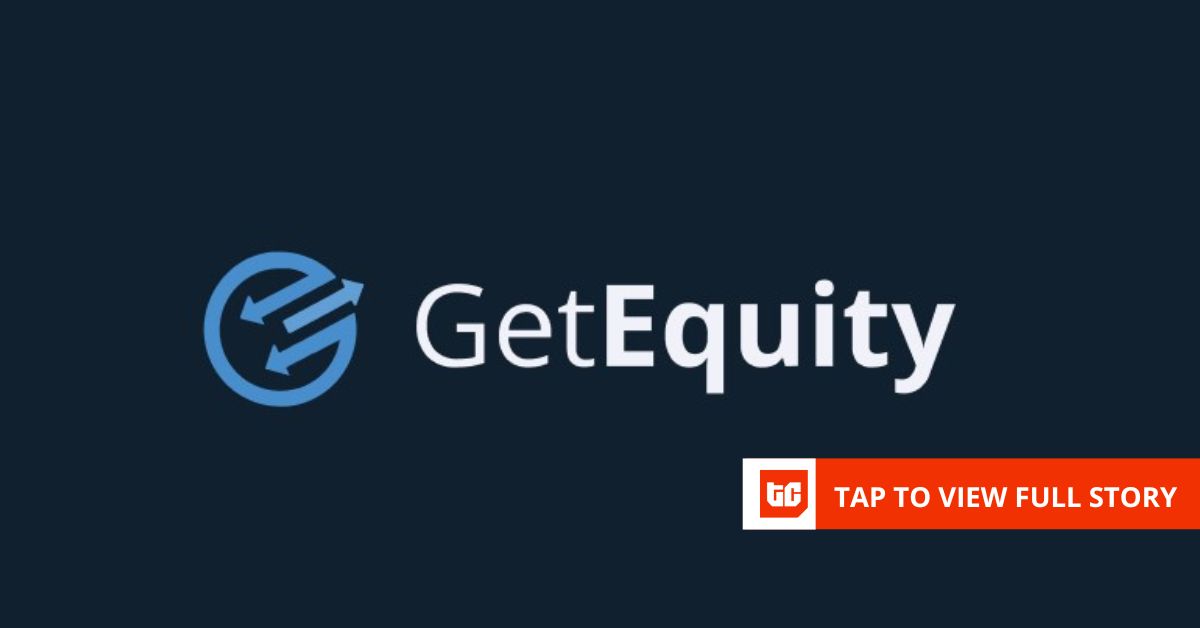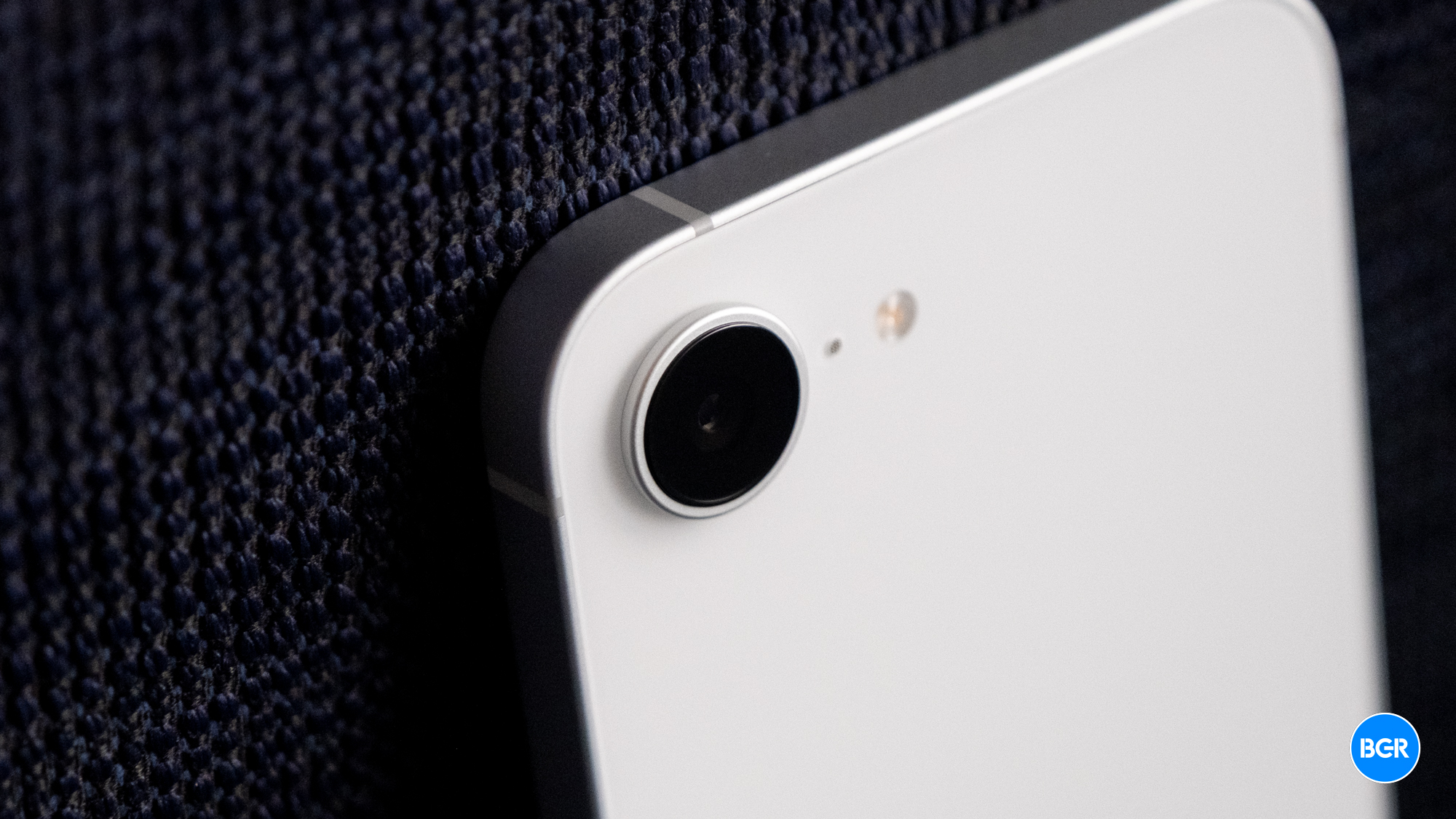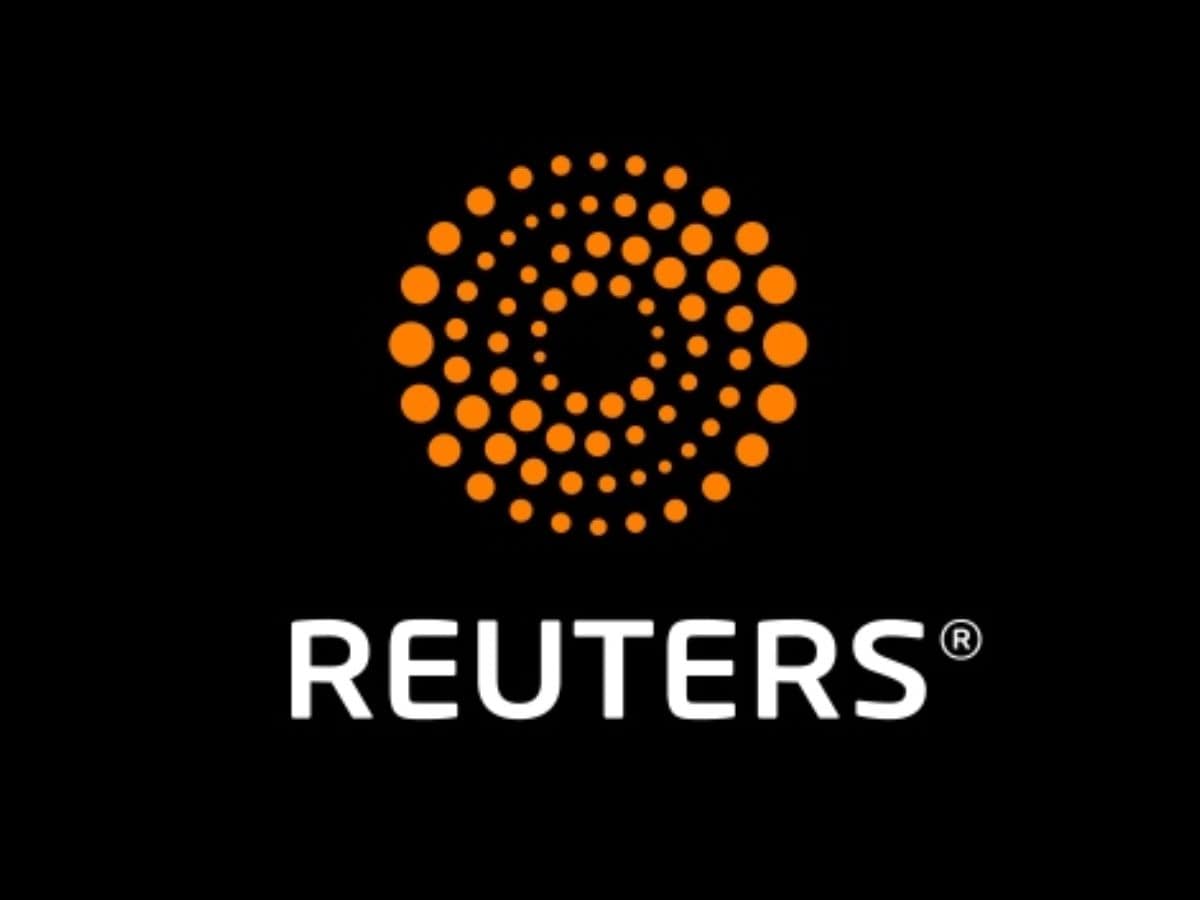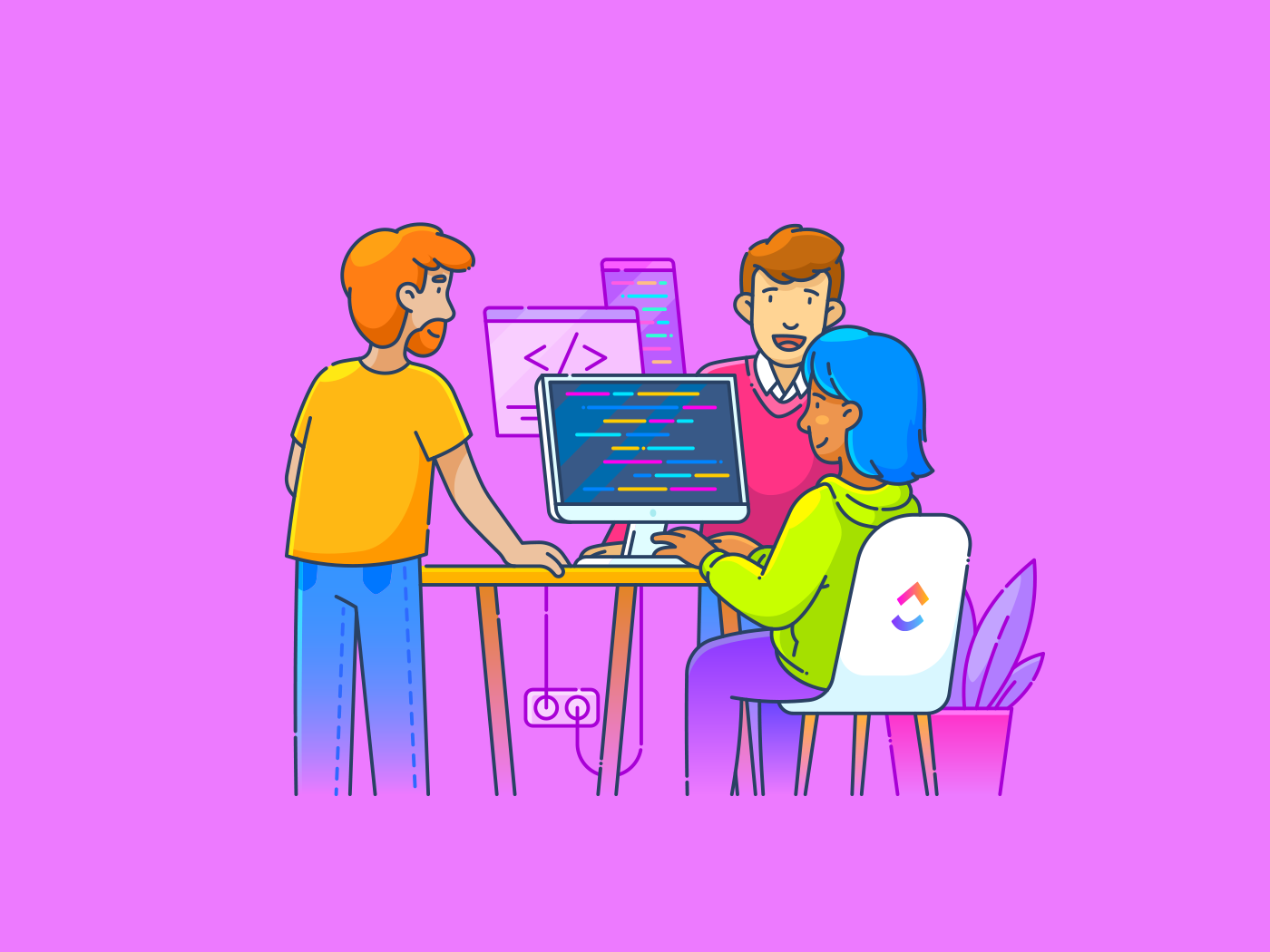GetEquity, the Nigerian startup known for enabling retail investors to invest in startups, has achieved profitability after its expansion into offering commercial papers and debt notes and laying off 40% of its workforce in 2024. The shift to debt investments came as retail investors increasingly sought lower-risk options amid a broader slowdown in venture capital funding.
“We’re not yet at the stage where we can spend heavily on growth or expansion, but we’re able to pay our team and keep the business going without needing outside capital,” Jude Dike, GetEquity’s CEO, told .
Launched in 2021, GetEquity set out to help individuals own stakes in startups and participate in Africa’s venture funding boom. As investor appetite for early-stage equity cooled, the company shifted to helping retail investors lend to Nigeria’s largest companies through commercial papers and debt notes.
Since offering debt notes in 2024, the startup claims to have processed over ₦500 million ($310,000), growing 10% monthly. It achieved this by partnering with asset managers such as ARM to offer commercial papers for large Nigerian companies like the Dangote Group—its first offering—to retail investors.
“When we sent the Dangote mail, we thought if we could get ₦5 million, it was a win,” Dike said. “The initial responses added up to ₦7 million. Not bad. But then, within three days, we had ₦27 million pledged. That was our eureka moment.”
That eureka moment validated GetEquity’s thesis that Nigerians are willing to invest in low-risk, local debt instruments. The startup also realised it could serve this demand and thrive with the right market offering.
GetEquity’s partnerships with licensed asset managers also led to internal restructuring, making some roles redundant. Some in-house processes were transferred to the asset managers after the company shifted focus.
“When we focused on private equity, we had to build internal tools and back-office systems from financial processes to investor education and hand-holding,” Dike said. “But with asset managers, they handle the heavy lifting—investment memos, due diligence, audits, documentation. So now, we focus purely on distribution.”
GetEquity’s revenue model is built on transaction fees, which come directly from users, and commissions, which it earns from asset managers. It is also expanding its revenue sources to include a secondary market infrastructure where users can buy and sell their investments among themselves and investment-backed credit, loans backed by previous investments.
“We’re working with a few financial partners to roll this out, which would open up new revenue streams,” Dike said about the credit-linked investment product.
The startup is also in talks to secure an Approval-in-Principle for digital asset issuance and trading from Nigeria’s Securities and Exchange Commission (SEC), which allows digital platforms to issue derivatives of SEC-approved securities.
“In our case, we’re not originating these debt products; we’re building a wrapper around them to make them tradable,” Dike said.. “Commercial papers are already approved by the SEC. We’re just digitising and distributing them.”
GetEquity’s path to profitability has not been without challenges. In 2023, Peppa, a startup offering escrow services for online shoppers, filed a police complaint against Jude Dike and Temitope Ekundayo, the co-founders of GetEquity. The complaint followed GetEquity reneging on a payment plan for $43,000 Peppa had raised using GetEquity.
At the time, Dike told that Nigeria’s FX instability affected its ability to pay. While the startup processed $5 million from private equity deals and earned “great” margins on them, the challenges of processing the FX-based transactions necessitated GetEquity’s switch to Naira-based investments.
“When we started with private equity deals, we did about $5 million in total deal volume, with a little over $1.5 million coming from the retail side,” Dike said. “The margins were great, but one of the biggest issues was currency conversion risks and the general volatility involved. That made us start thinking more seriously about investing in naira and what local market dynamics could look like.”
GetEquity’s profitability has also changed the company’s expansion strategy. It initially planned to expand into Kenya, but after it became profitable, those plans have been shelved in exchange for deepening its debt product and incentivising customers to refer other customers.
“Rather than pursuing aggressive expansion, we focused on deepening user engagement, increasing the lifetime value of current users, and building brand-driven, organic growth. Hypergrowth is attractive, but in African markets, it often leads to high churn.”
After attaining profitability, GetEquity’s next step is to achieve $1 million in annual recurring revenue and launch business accounts to help fintechs and neobanks run treasury operations. The product will be similar to what Cowrywise and Piggy do with products for fixed-income assets, Dike said.










